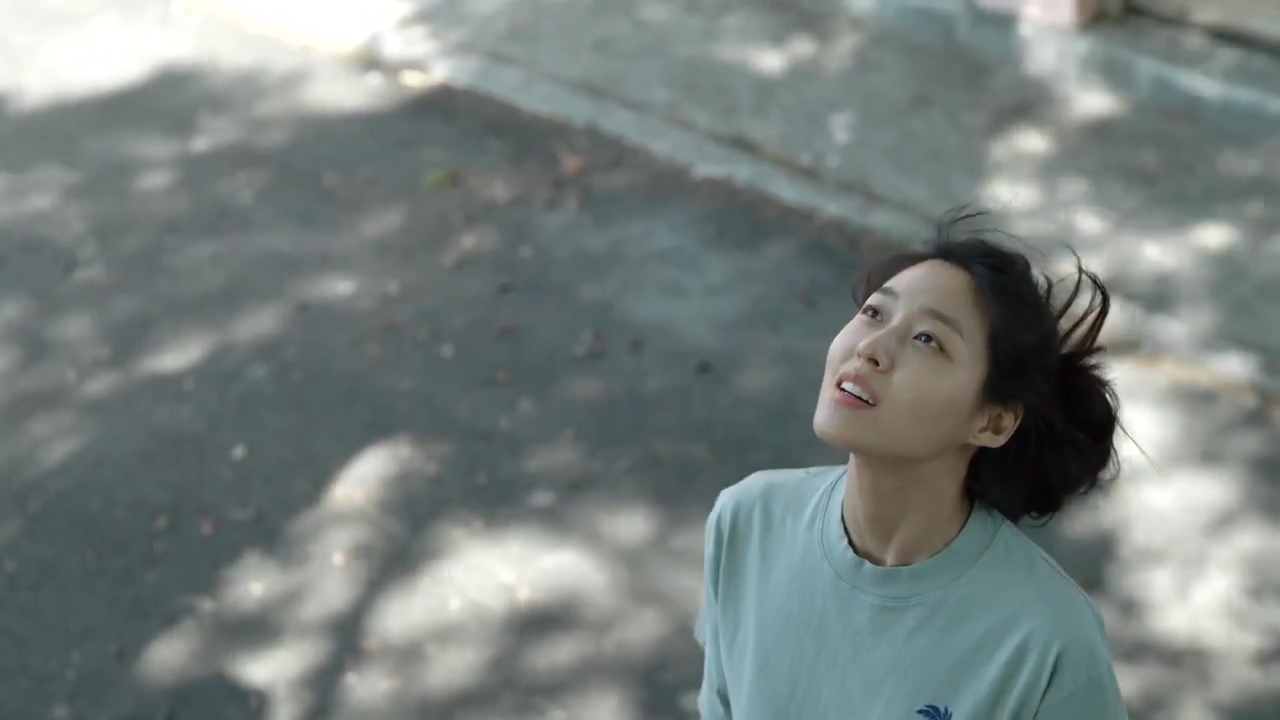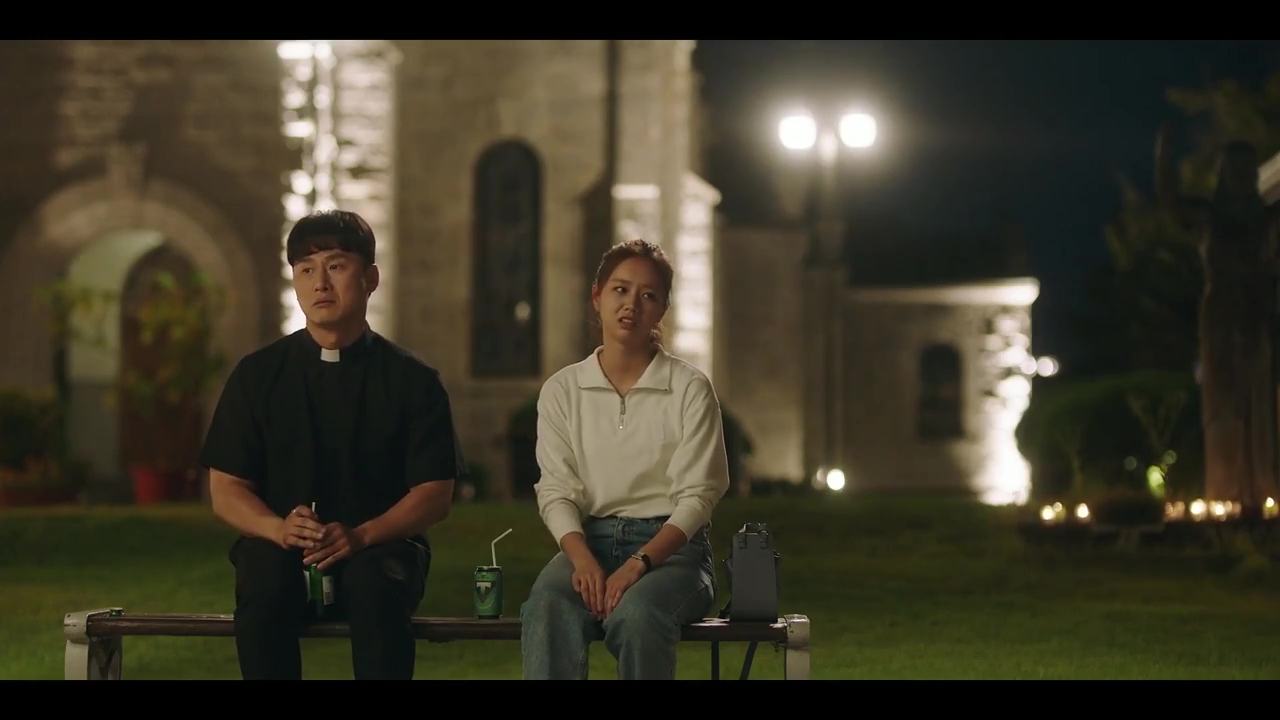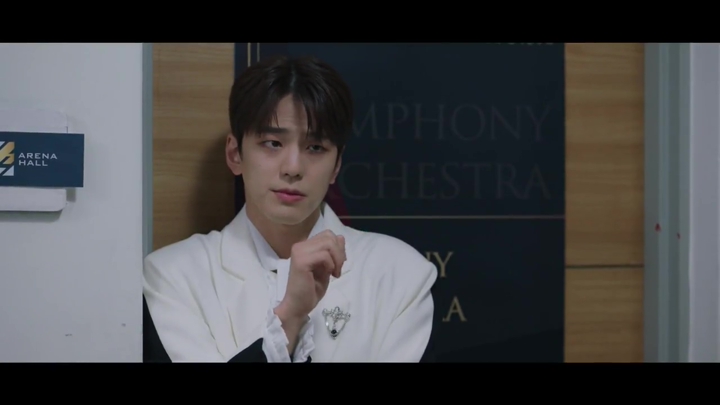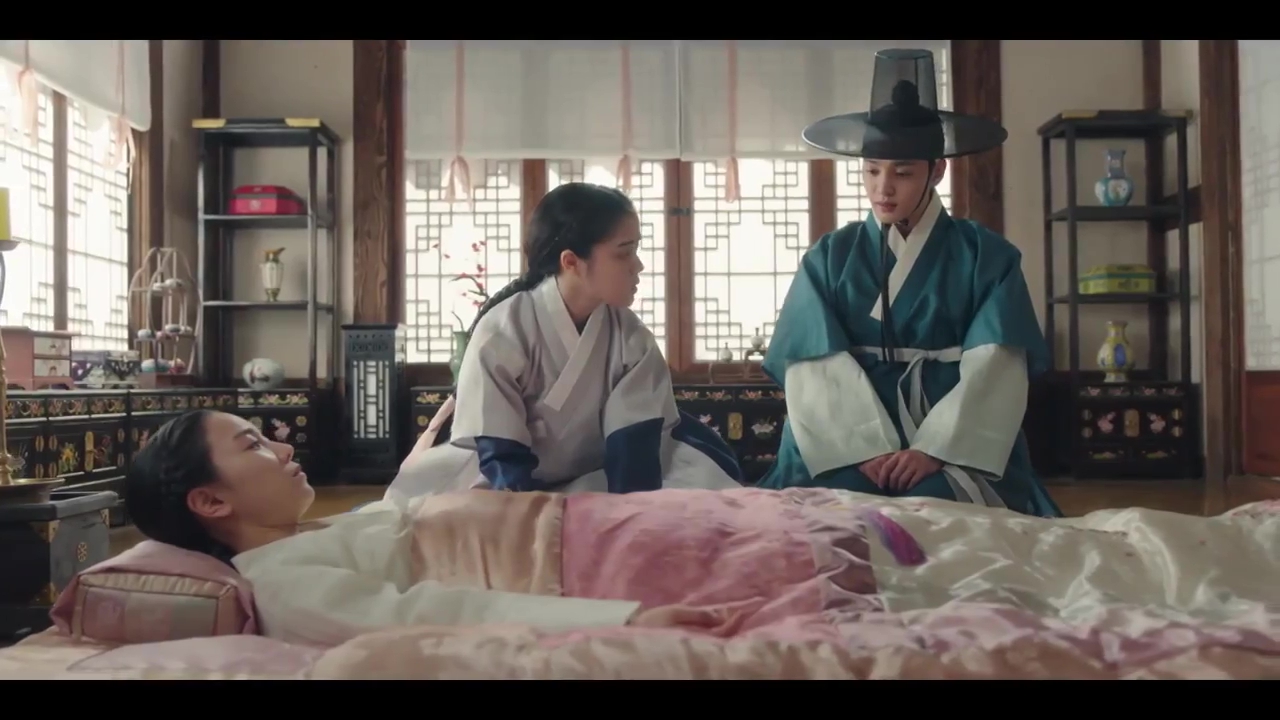[ad_1]
[K-drama lessons] Expect the unexpected
by Unit

K-dramas, just like other forms of art, imitate life. And one thing I’ve learned from life is to always expect the unexpected. The same can be said about dramas — and by unexpected, I’m not talking about those trucks that pop out of nowhere to kiss a character while they’re crossing the road. In the dramaverse, every truck is a suspect just like every car is a potential landing pad from the Rooftop of Doom.
We enjoy dramas because we expect certain things from them: brooding Joseon kings releasing their frustration via archery, chaebol chairmen attending prosecution summons in wheelchairs, male leads with unresolved childhood trauma, and second male leads having terrible luck with timing. K-dramas can be formulaic, but we love them all the same. And while the unexpected is not always a bad thing (because who doesn’t enjoy a good plot twist or a shocking reveal that leaves you gasping in an I-did-not-see-that-coming-I-need-to-poke-my-head-in-the-fridge-to-calm-down type of way), lately, the worst cases of unexpectedness have come from dramas as a whole rather than as a part of their plot.

When Bora said to “Live up to the expectations but be unexpected” in Bora! Deborah, she was probably borrowing a reference from the current drama landscape where a drama gets promoted as say, a slice-of-life (and will probably deliver on that front), but will also tack on a murder mystery to the plot as part of dramaland’s ongoing BOGO promo. Several times, we have been wooed by the premise of a healing drama only to realize midway that we weren’t informed about the side effects of this “healing.” So, like with cold medicine, we’re cured of our cold symptoms, but forced to be drowsy all day.
This is one of the reasons I no longer take drama posters seriously: because dramas with the happiest and brightest posters often have the most depressing and disjointed content. They’re almost like a compensation for the misery and rage we are being set up to experience at the end. Take a look at the promotional posters for some of the recent dramas that went sideways. Did those posters give you the slightest indication that the drama would eventually race headlong into the bush? I certainly did NOT get that sentiment from a certain idol drama which went on to have a gazillion heavenly realms and a low budget little mermaid wreaking havoc on the plot.

With every new rom-com title, we joke about not wanting serial killers popping up in plot, but behind the laughter is the knowledge that we’re probably on to something. Sadly, we’re almost always right. Because why are we getting murderous assistants with oh-so-convenient deaths, and hideous coats big enough to fit the plot holes in a rom and a com about the equation of math and banchan? At least with the makjang genre we know to expect these things and we’re not moved when absurdities begin to pop up.
A pattern forms with each occurrence of the unexpected, and with every disappointing drama, the apathy grows. Soon, you begin to look over your shoulder while waiting for the other shoe to drop, because high drama expectations often lead to big disappointments. In the end, the lesson is simple:
Be on your guard and be as detached as possible. Don’t expect a happy ending until you actually get one.
But this is a hard pill to swallow if you’re like me and you cannot enjoy a drama without getting emotionally invested in it. What’s the watch without the enjoyment, and what’s the enjoyment without the immersion? I might as well just watch paint dry.
So, when it boils down to choosing between detachment and investment, there’s not much of a choice for me to make. If getting hurt is the price to pay for loving dramas, then pass me the Band-Aids.

RELATED POSTS
[ad_2]
Source link